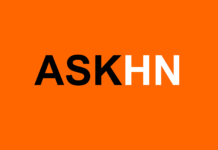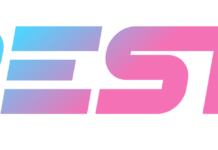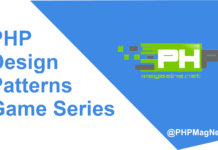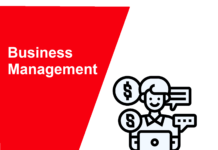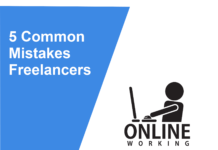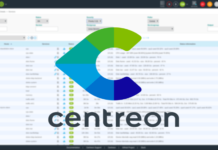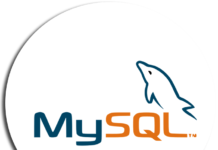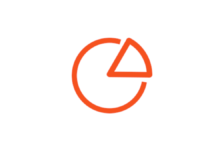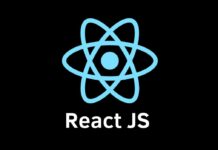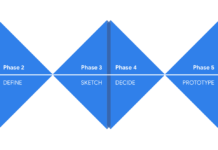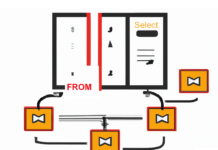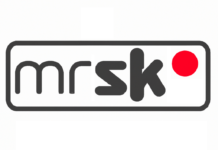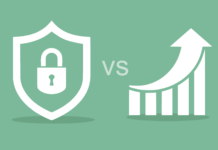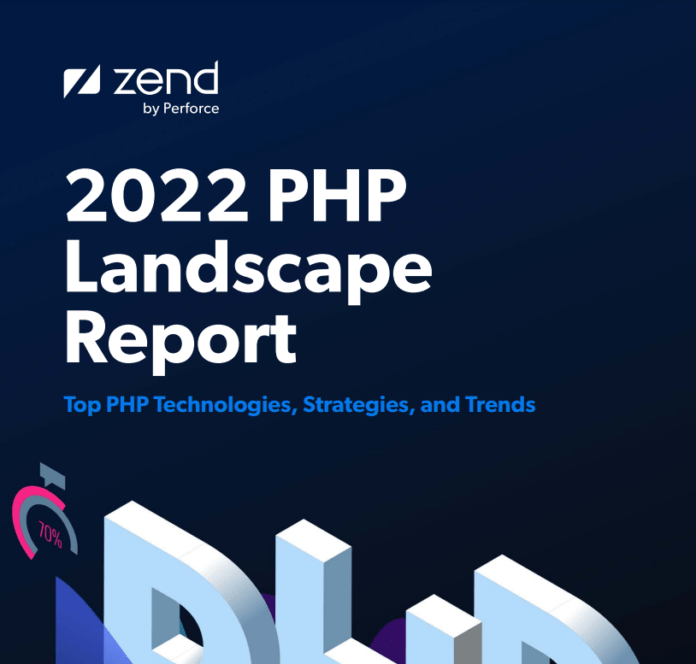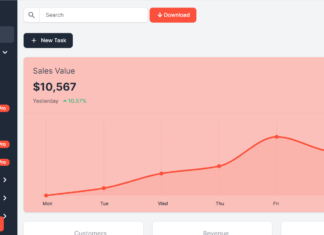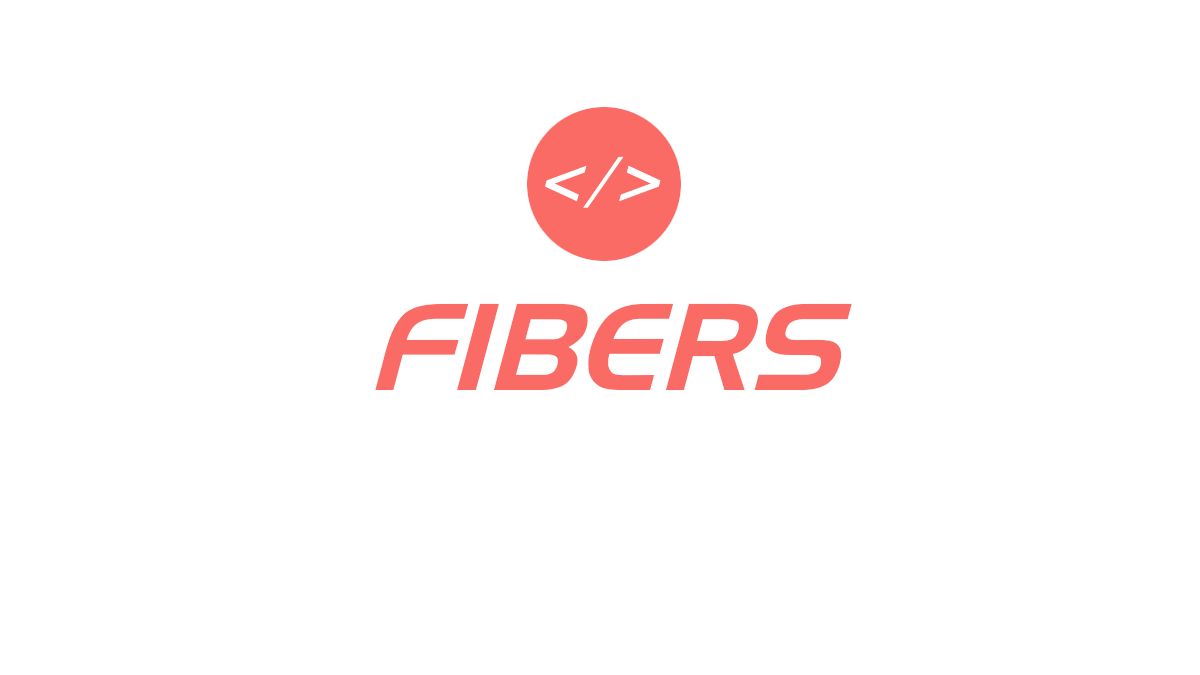It’s always interesting to take stock of the latest trends in the world of PHP development. To that end, Zend have an intersting report based on a developer survey that sheds light on the current state of PHP and where it’s headed in the coming year. The survey drew responses from over 1,000 developers, providing valuable insights into the tools, frameworks, and best practices that are shaping the PHP landscape.
The “2022 PHP Landscape Report” provides insight into the current state and future of PHP based on a survey of PHP development professionals. PHP 8.0, released in 2020, offered increased performance and a JIT compiler, while PHP 8.1 added support for async runtimes and more type system improvements. The report also highlights the formation of The PHP Foundation, which aims to support the development of the language and train the next generation of PHP internals developers.
The report shows that PHP is being used to build business-critical web applications and APIs due to its ease of use, deployment, and scalability. However, testing and deployment methodologies need to become more sophisticated to achieve scale and integrate with complex systems. Containerization and orchestration tooling are becoming increasingly important for automating these processes, with larger companies adopting these practices at a faster rate than the rest of the industry. Overall, it’s an exciting time for PHP developers as the language continues to mature and evolve.
Methodology
The survey was conducted by Zend, a leading provider of PHP tools and services. It was administered online, with over 1,000 developers responding from around the world. The survey questions covered a range of topics, including development tools, frameworks, containers, and orchestration, as well as emerging trends such as asynchronous programming.
The Zend 2022 PHP Landscape Report is based on an anonymous survey conducted between October and December 2021. The survey, promoted through social media and email, received 865 responses and focused on how PHP development teams work with the language, their development priorities, versions they use, and plans for upgrades, as well as technologies for development, orchestration, and async programming. The report methodology included rounding percentage values to the nearest full percentage point and comparing year-on-year data with the Zend 2021 PHP Landscape Report. The majority of respondents (64%) were developers, while decision-makers like Development Manager/Director, IT Manager, and CIO/CTO comprised 9%, 7%, and 6% of respondents, respectively.
Key Findings:
- PHP continues to be a popular choice for web development, with over 70% of respondents using it as their primary language.
- The majority of developers use a combination of open-source and proprietary tools in their workflow.
- Webhooks, real-time dashboarding, queuing, and parallel processing are the most common use cases for async programming.
- PHP developers are embracing containerization and orchestration technologies faster than other software industries.
- Laravel remains the most popular PHP framework, followed closely by Symfony and CodeIgniter.
- Docker is the most popular containerization technology among PHP developers, with Kubernetes coming in second.
- ReactPHP is the most popular async framework among respondents, with Swoole and AMPHP also showing strong adoption.
- Asynchronous programming is being used in a variety of ways, including webhooks, real-time dashboarding, queuing and deferment, and parallel processing.
- PHP developers are adopting containerization and orchestration technologies at a faster rate than other software industries, demonstrating the utility of these technologies and securing PHP’s place in the greater software industry.
The report shows that PHP 7 is the most popular version currently in use, with PHP 8 adoption still growing. This is a positive trend as PHP 7 and 8 provide notable performance gains and important features like strict typing and comprehensive type hinting that make applications more stable and maintainable.
Based on this trend, it is likely that more and more developers will adopt PHP 8 in the coming year, especially as it becomes more widely supported by hosting providers and third-party libraries. However, there may still be some legacy applications that are slower to upgrade, so it may take some time for PHP 8 to become the dominant version in use.
2023 ?
We’ll be talking about this year’s report with more details. However, It appears that 2023 will be a positive year for PHP. The language has made significant strides in recent years with the release of PHP 7 and the adoption of a predictable release cycle, as well as the addition of new features such as strict typing and comprehensive type hinting.
Additionally, PHP developers are adopting containerization and orchestration technologies faster than others in the software industry, which is further solidifying PHP’s place in the web and greater software industry.
The report also highlights the increasing popularity of asynchronous programming in PHP and the adoption of frameworks like ReactPHP and Swoole, which are enabling developers to parallelize processing and defer processing to provide faster processing of incoming requests.
Overall, these trends indicate that PHP is thriving and evolving, and is poised to continue building tomorrow’s businesses in 2023 and beyond.

